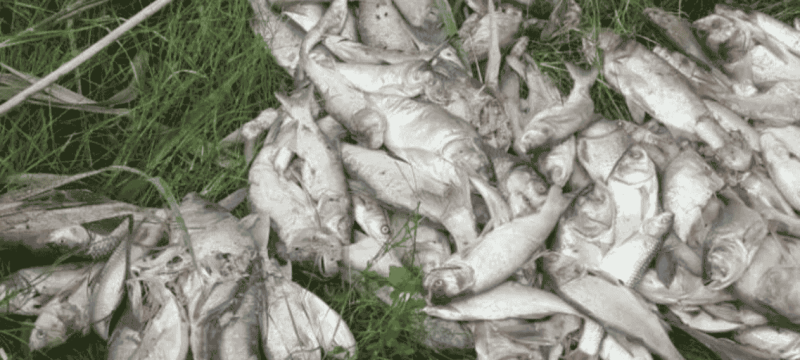Thousands of fish have been found dead in Rawal Dam, sparking widespread concern among residents and environmental authorities. The mysterious deaths have raised serious questions about water pollution, aquatic life safety, and public health in the region.
According to reports, the Rawal Dam, which supplies drinking water to Islamabad and Rawalpindi, has seen a sharp rise in pollution levels. The toxic water conditions are believed to be the main reason behind the large number of fish found dead along the shoreline.
Residents reported a strong foul smell coming from the dam, while visitors expressed frustration over the visible waste floating on the water’s surface. Experts believe untreated sewage and industrial waste from nearby areas, including Bani Gala, have been contaminating the dam for years.
Locals allege that raw sewage from surrounding residential areas has been continuously flowing into the dam without proper filtration. This, they say, has made the water unfit not only for fish but also for human use. The sight of thousands of dead fish has shocked many, prompting calls for immediate government action.
Environmental activists have urged authorities to conduct a full investigation into the pollution sources and take strict measures to stop further contamination. They warn that continued negligence could lead to a major ecological disaster and threaten the city’s water supply.
Health officials are also monitoring the situation closely. They have advised residents to remain cautious about the use of untreated water until safety tests are completed.
The Rawal Dam incident has once again highlighted Pakistan’s growing environmental challenges. As cleanup operations begin, experts emphasize the need for long-term wastewater management and pollution control to prevent future tragedies involving aquatic life.
In other news read more about: WWF issues a strong condemnation of the killing of an endangered Indus River dolphin







